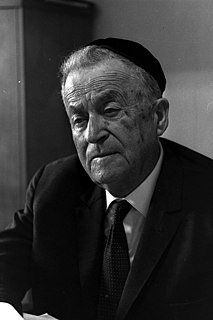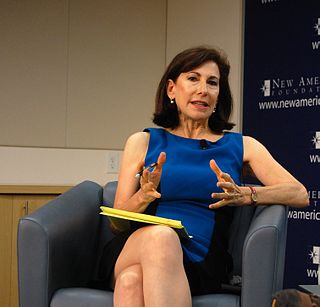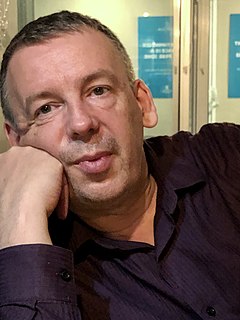A Quote by Manuel Puig
I haven't been the kind of writer about whom book-length academic studies have been written.
Related Quotes
Everyone always asks, was he mad at you for writing the book? and I have to say, Yes, yes, he was. He still is. It is one of the most fascinating things to me about the whole episode: he cheated on me, and then got to behave as if he was the one who had been wronged because I wrote about it! I mean, it's not as if I wasn't a writer. It's not as if I hadn't often written about myself. I'd even written about him. What did he think was going to happen? That I would take a vow of silence for the first time in my life? "
I've written about illegal immigrants in the United States; I spent a year following migrant farm workers as they were harvesting. I've written about our criminal justice system, and how it treats the victims of crime. I've been working for years now on a book about prisons in America, and I've been going into prisons and traveling around the country and seeing what's going on.
A writer, or at least a poet, is always being asked by people who should know better: “Whom do you write for?” The question is, of course, a silly one, but I can give it a silly answer. Occasionally I come across a book which I feel has been written especially for me and for me only. Like a jealous lover I don’t want anybody else to hear of it. To have a million such readers, unaware of each other’s existence, to be read with passion and never talked about, is the daydream, surely, of every author.
A writer writes a book. People read it. You don't know what they're reading, really. You read a review and think, "That is so inaccurate. You can't have been reading my book with any kind of attention, because that is all wrong, that's even the wrong name you're including there." But these reviewers have been diminished in importance, the work is so little respected. If you're reviewed by a real critic, by James Wood or Louis Menand, then you get something that is informed, interesting, and highly articulate. But the average review doesn't have that kind of depth anymore.



































